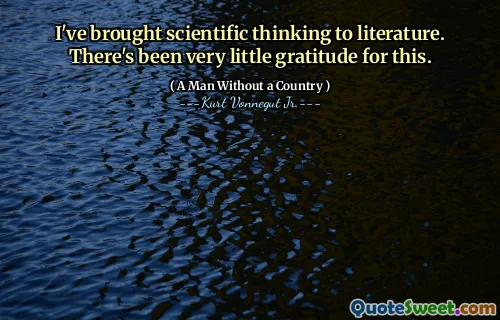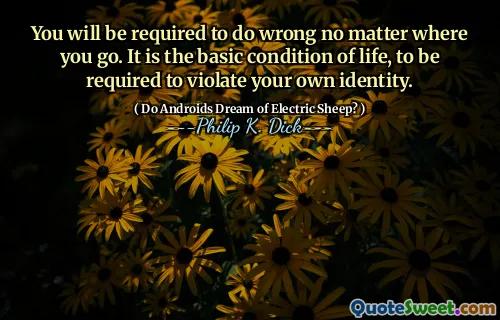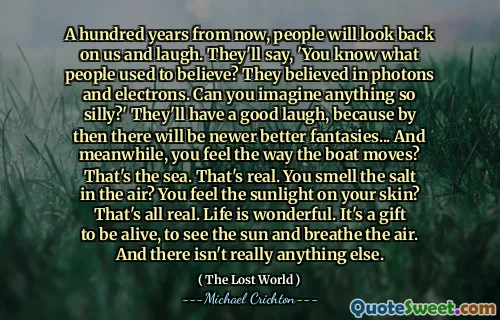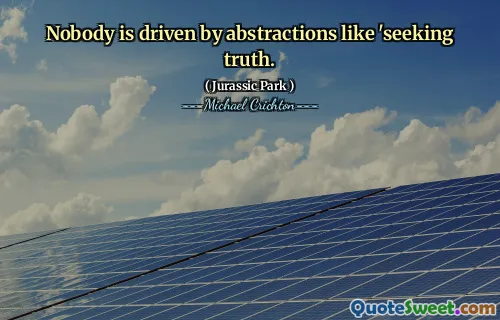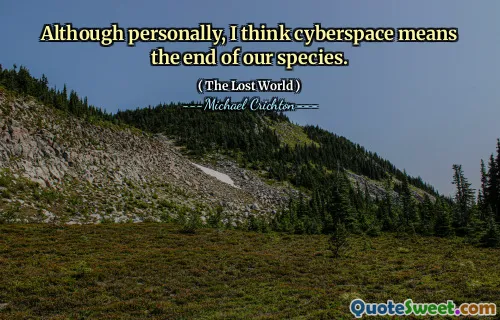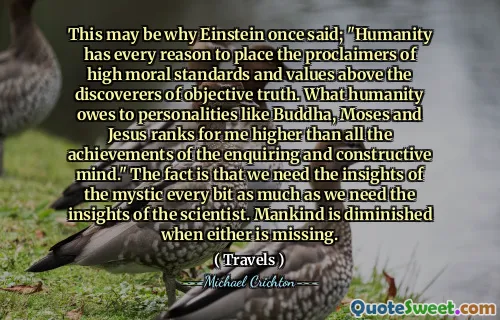
I like physics. I think it is the best science out of all three of them, because generally it's more useful. You learn about speed and velocity and time, and that's all clever stuff.
Physics has always fascinated me because it provides a fundamental understanding of how the universe operates. The appreciation for concepts like speed, velocity, and time highlights the practical applications that physics offers. These principles aren't just abstract ideas; they are the building blocks that explain everyday phenomena — from the motion of planets to the way objects move in our daily lives. Understanding physics allows us to harness natural laws for technological advancements, making life more efficient and safer. It also stimulates critical thinking and problem-solving skills, which are invaluable beyond the scientific community. The sense of wonder that comes with grasping complex concepts like relativity or quantum mechanics often subjects you to deeper questions about reality itself. Engaging with physics fosters curiosity and encourages a mindset of inquiry and experimentation. The connection between theoretical understanding and real-world application makes physics both intellectually satisfying and practically relevant. Moreover, the ability to quantify and predict physical behavior leads to innovations in engineering, medicine, and environmental science. Despite other scientific disciplines being critical as well, the clear, tangible benefits of physics often make it the most appealing and useful to many, including myself. There's a certain elegance and simplicity in the laws of physics that elucidate complex phenomena with straightforward principles. This universality and applicability make physics an enduringly captivating science for those eager to understand the fundamental workings of nature.






